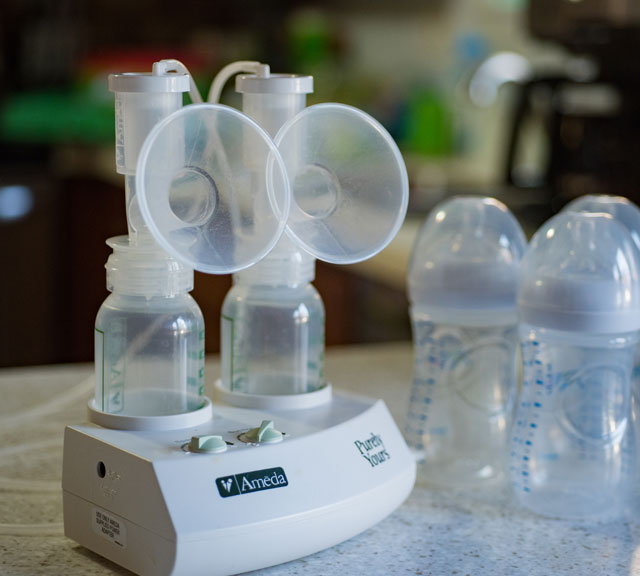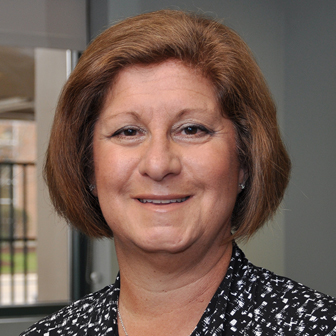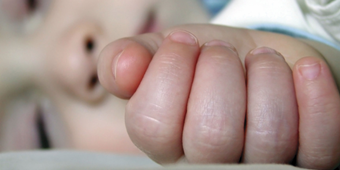Can I Nurse My Adopted Baby?

Answer a few questions and we'll provide you with a list of primary care providers that best fit your needs.
With knowledge and commitment, it’s possible to breastfeed your adopted baby. While you may not be able to provide a full supply of milk, you and your baby can benefit from the special closeness nurtured by the rhythms of breastfeeding.
But, as Premier Health lactation consultant Maria Greene RN, BSN, IBCLC, counsels, “Pursuing this requires motivation and a very dedicated effort.” She adds, “You have to do your research, talk to an expert and decide if you want to do this or not.”
Adoption is such a loving choice. Adding the gift of breastfeeding could be a wonderful part of your relationship with your new child.
How to Induce Lactation
The process is called inducing lactation, and before beginning, it’s essential to contact an International Board Certified Lactation Consultant (IBCLC) to work in partnership with you and your physician. Women who have been pregnant or given birth previously may have an easier time establishing lactation. Regardless of your history of pregnancy, the lactation consultant will learn your medical history and develop a plan involving some (or all) of the following methods:
- Manual Stimulation
Recommended by the American Academy of Pediatrics, this requires breast massage and pumping beginning two to three months before the birth — every two to three hours — in preparation for your baby. When the baby comes home, you might use a supplemental nursing system, a small tube next to the nipple that brings donor milk or formula from a bag hanging from around the neck. This system does double duty, feeding the baby with the closeness of the breastfeeding relationship and stimulating the mother to increase milk supply (instead of using a pump). While it’s unlikely that you would able to produce a full supply of breast milk without hormone therapy, any amount is beneficial; plus, you and your baby would still get physical closeness and bonding you both desire.
- Hormone Therapy
Hormone therapy is a time-sensitive process that mimics the hormonal shifts of pregnancy. Beginning ideally several months before bringing your baby home, you would start taking hormones and medications to stimulate the hormonal changes associated with the pregnancy and birth process. Your doctor will have to prescribe the medications for you after learning your medical history. When the medication is withdrawn, you would begin to hand express and pump. Adding galactagogues (see below) during pumping can give extra support for making milk.
- Herbal Options
In addition to manual stimulation, you can also add an herbal supplement (making sure this fits in the plan that you’ve set up with your physician and lactation consultant). Herbs (called galactagogues) like fenugreek, blessed thistle and goat’s rue have been used throughout history to help boost milk supply. Greene says, “As with any supplement, you should always seek the counsel of your physician and ask for advice from someone who works in the lactation field.”
Bottom-Line Encouragement

No matter how much breast milk you are able to produce, even if it’s just a little bit, Greene encourages, “The breast milk still has those nutritional and protective qualities that improve your baby’s health. Remember, any breast milk a baby gets is beneficial. It’s not an all or nothing thing.”
She recounts the words of one adoptive mother: “Any amount of breast milk I am able to provide for my baby is a precious gift.” And, beyond that, more than breast milk, your adopted baby needs you and the physical bonding that breastfeeding provides. Adoption is such a loving choice. Adding the gift of breastfeeding could be a wonderful part of your relationship with your new child.
Answer a few questions and we'll provide you with a list of primary care providers that best fit your needs.
Source: What to Expect; healthychildren.org; La Leche League International; Maria Greene, RN, BSN, IBCLC, Premier Health





